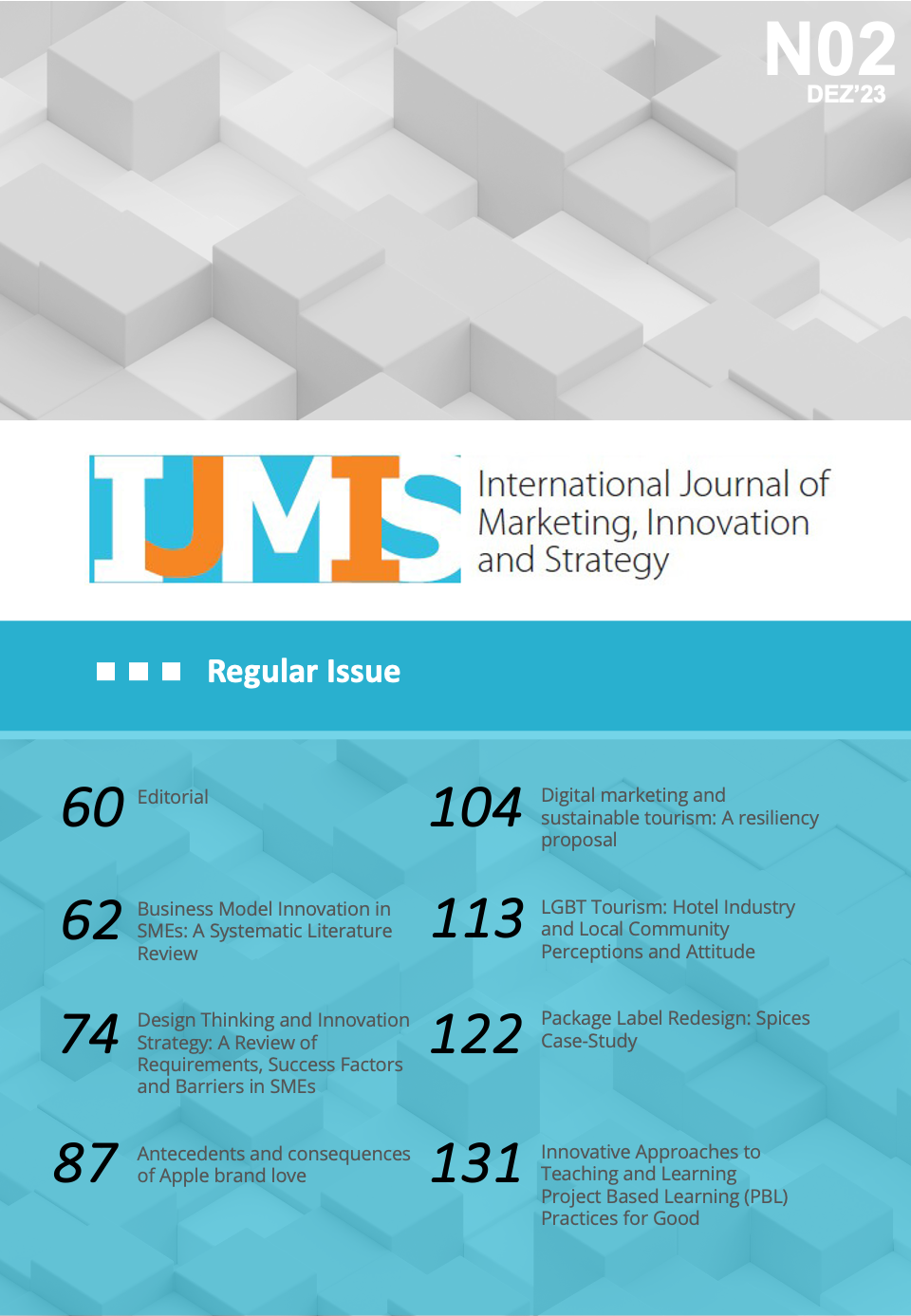Digital marketing and sustainable tourism
a resiliency proposal
Abstract
Social media and digital marketing are increasingly used in order to shape the behavior of individuals. With their far-reaching influence, they have emerged as powerful tools for promoting sustainable behaviors. Consequently, it has become imperative to develop a meticulous strategic plan that integrates both digital marketing and social media, thus building a lasting communication network that inspires tourists to adopt sustainable practices during their travels. This approach can contribute to the promotion of sustainable tourism and, at the same time, positively contribute to environmental conservation efforts on a global scale. 422 individuals participated, 149 (35.2%) male, 273 (64.5%) female and 1 (0.2%) participant of another sex, aged between 18 and 73 years, with an average age of 42.74 years (SD = 15.94%). Using structural equation modeling, the relationships between sustainable destination measures, social networks, tourists' predisposition to sustainability, and tourists' sustainable behaviors were analyzed. The results of this research suggest that the sustainable measures implemented by the tourist destination have an impact on the adoption of sustainable behaviors among tourists, when mediated using social networks by the destination or by the prior predisposition of tourists to adopt these behaviors. However, the sustainable measures of the tourist destination alone are not sufficient for tourists to adopt sustainable behaviors. The application of the model makes it possible to identify the advantages of digital marketing and social networks in sustainable tourism and thus promote a resilient environment for the tourist market in Portugal.
Copyright (c) 2023 According to CC Attribution 4.0.

This work is licensed under a Creative Commons Attribution 4.0 International License.
Authors retain copyright and grant the journal the right of first publication with the work simultaneously licensed under a Creative Commons CC BY 4.0.


